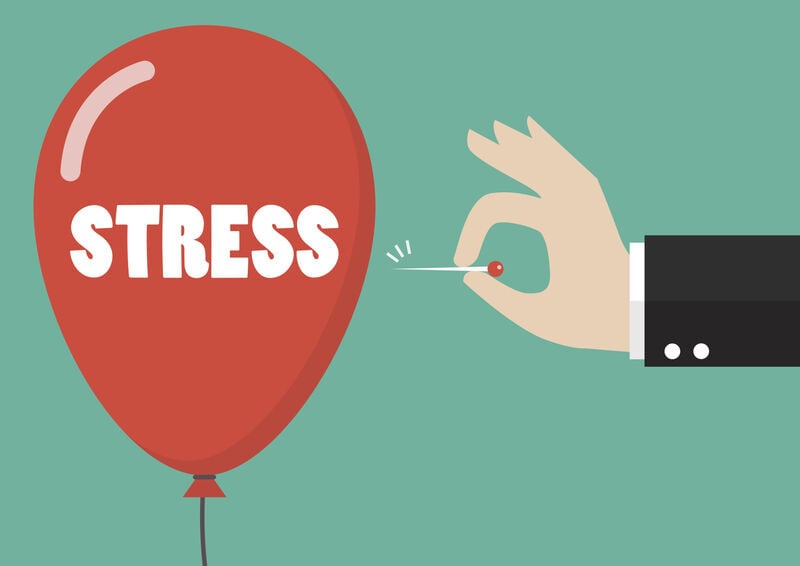
Mindfulness
By practicing mindfulness exercises, we can essentially upgrade our internal operating system. There are many benefits that correlate with people who grow up in a healthy environment. A recognizable barrier to mindfulness can stem from childhood attachment experiences which adversely affect the capacity for a healthy relationship. Much like a computer’s OS (operating system) which allows hardware to communicate with software, our own internal processes rely on a litany of organized components that allow us to function properly. The human nervous system, brain, and body all represent hardware and thoughts, physical sensations, and emotions are software. By upgrading our metaphorical operating system, we can discover errors, correct incompatibilities with relationships, and link our thoughts and feelings to interactions and the quality of them.
Mindfulness helps make the unconscious conscious, upgrade your internal OS, and create a space for proper responses even if facing an enormous amount of fear, anxiety, and stress. Mitigating impulsive behaviors and widening the gap between our response to what happens to us in our lives. The space in that gap is important to determine the proper response to any stimulus. The opportunity for us to choose how we respond is a result of our freedom and growth.
Relationship to Emotional Intelligence
Increasing emotional intelligence is a crucial part of how mindfulness practices can upgrade your internal OS. EI differs from IQ is that IQ tends to be stable throughout life and represents intellect. EI (emotional intelligence) deals with interpersonal skills that are acquired and developed through practice. Even though some people have more emotional intelligence and are naturally born with it, EI is something that can be developed over time. Having the ability to identify your own emotions, regulating them, understanding how they can affect other people’s behavior, and being consciously aware are all internal emotional intelligence skills. Being able to emphasize and sense emotions other people are going through, paired with using your own awareness to skillfully negotiate interactions with others is part of practicing mindfulness.
Emotional Effects
The prefrontal cortex is where rational and logical communication occurs and the amygdala within the limbic system is where the emotional part of the brain is. Mindfulness helps to bridge the two parts of the brain to improve emotional intelligence. The practice of mindfulness helps build stronger and efficient new neural pathways over time. You don’t have to stay hostage to difficult emotions you experience. Mindfulness helps you to tolerate these emotions, as well as increase the ability to bear physical and emotional discomfort. The better you become at handling emotional discomfort, the better control you’ll have at keeping emotions from controlling you.
Anxiety is one of the top emotions that people struggle with and the word alone comes from the old English word meaning “strangle.” Worrying causes anxiety and the fear anticipated with future uncertainties. Being anxious strangles your ability to behave skillfully. By practicing mindfulness, you can observe and recognize the emotions that come with anxiety and the negative thinking that adds to the strangling grip of anxiety. Emotions such as frustration, emptiness, loneliness, depression, guilt, sadness, anger, and more can all be controlled through acceptance, awareness, and having a new perspective through mindfulness practice.
















